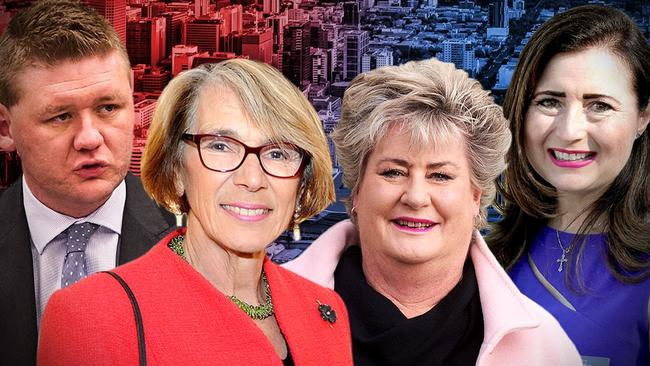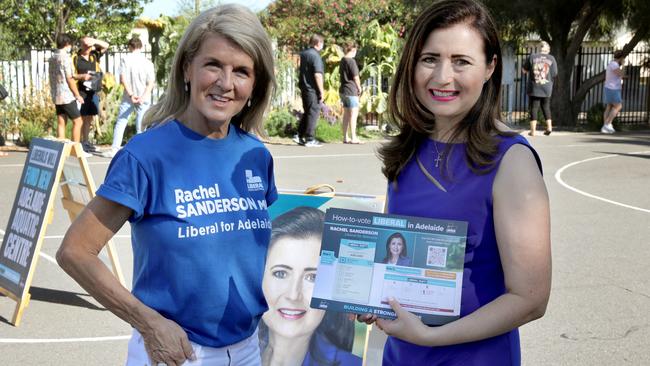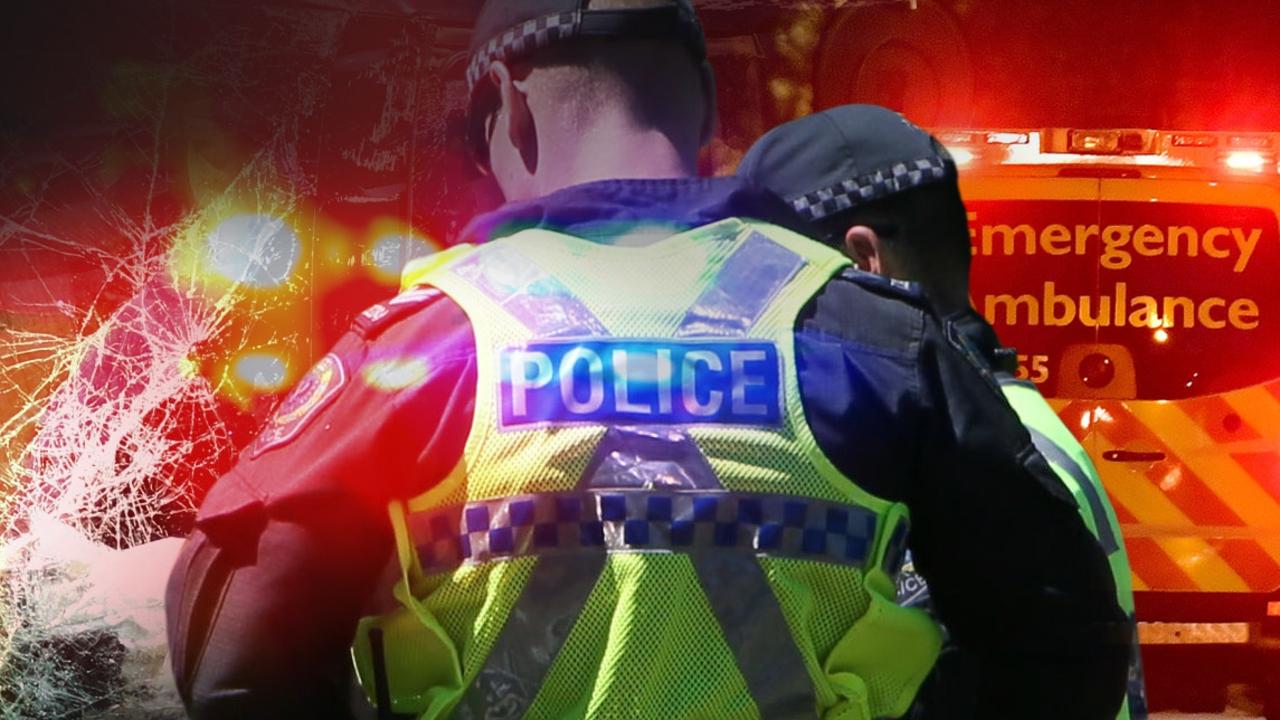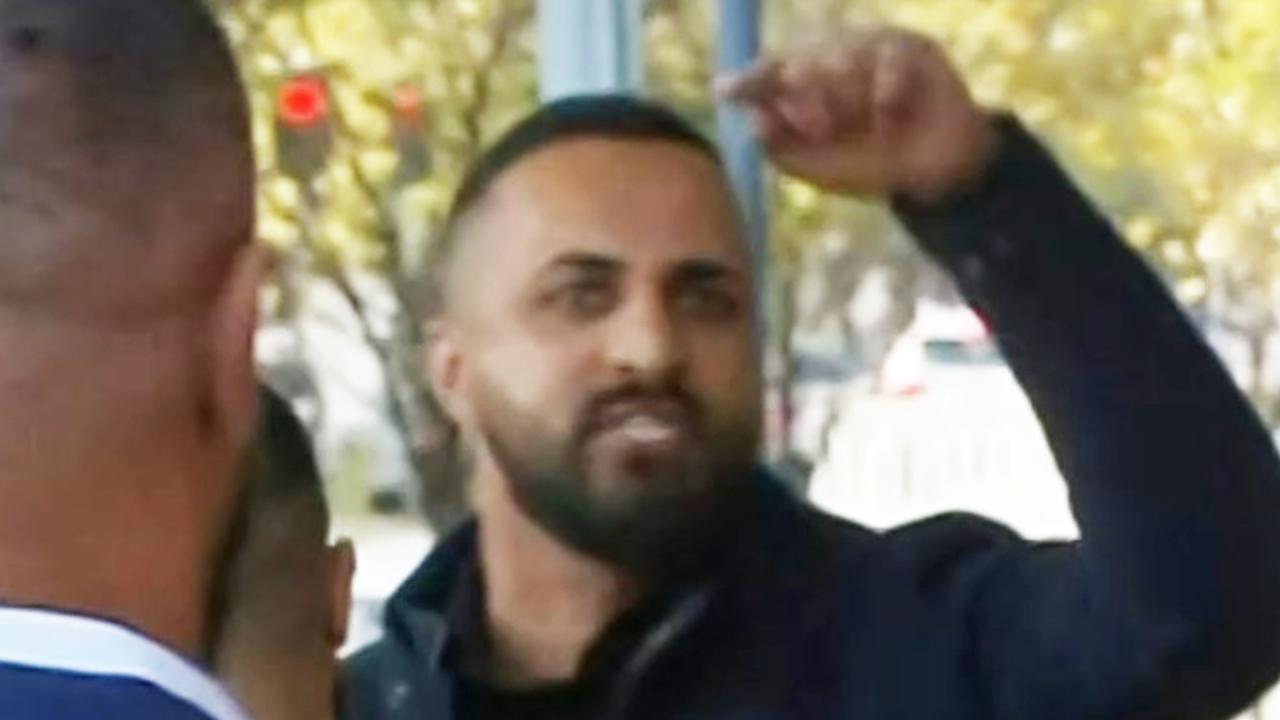Candidates reveal party memberships ahead of 2022 local government elections
Think your local council candidate is independent? Think again. One in every three people standing for suburban councils belongs to a major political party. Search the list.

SA News
Don't miss out on the headlines from SA News. Followed categories will be added to My News.
One in three candidates standing in the local government elections for suburban councils belong to a major political party, exclusive analysis by The Advertiser has revealed.
For the first time, the Electoral Commission has required all candidates to disclose their party affiliations as a matter of transparency ahead of polling day on November 10.
Flinders University political scientist Professor Haydon Manning said the reform was important in a political environment where emphasis was given on transparency.
“It’s important in a day where transparency is so important, but local government is about good quality people who work hard,” Prof Manning said.
“The big issue for me is the quality of the people elected to make decisions that matter. They need to do their homework and be diligent rather than just turning up to meetings largely ill-prepared.”
Mr Manning said the only negative of the reform is that it might deter some younger candidates from nominating who were mentored by prominent politicians.
Of the 18 greater Adelaide councils, 172 of the 560 candidates belong to political parties: 77 Labor, 67 Liberal, 4 Liberal Democrats, 19 Greens, 3 Animal Justice Party and 2 Family First.
Eleven candidates have cancelled their memberships within the past year, including Matilda and Luke Bawden vying for Salisbury Council, who were members of One Nation until March 1.
The legislative change followed a 2018 election review and came after years of advocating by the Local Government Association.

“The amendments … also require candidates to state on their nomination profiles whether or not they live in the area, enabling voters to make fully informed decisions before returning their ballots,” chief executive Clinton Jury said.
Four councils – Charles Sturt, Port Adelaide Enfield, West Torrens and Salisbury – were dominated by Labor Party candidates of those that were affiliated.
Burnside, Adelaide and Tea Tree Gully councils have the most Liberal Party candidates.
In Prospect, Che Wortley – son of high-profile Labor couple Russell and Dana Wortley – is one of two Labor Party members, while former MP Rachel Sanderson is one of two Liberal Party members.
While the battle to become Walkerville mayor is between two Liberal Party members, the incumbent Elizabeth Fricker and lawyer/business woman Melissa Jones.
Local Government Minister Geoff Brock said disclosing political party membership was “useful” as it provided a summary of values they hold to voters.
Another major change this year was nominations not being made public until after the nomination period closed, so as not to manipulate the process.
An Electoral Commission statement said in 2018 some candidates engaged in “ward-shopping” – withdrawing their nomination in a contested ward and lodging it in a ward where no nominations have been received.
Robe Council was one regional area that raised concerns with the process and this year received no nominations for mayor. It will now hold a supplementary election at the cost of ratepayers after polling on November 10.





